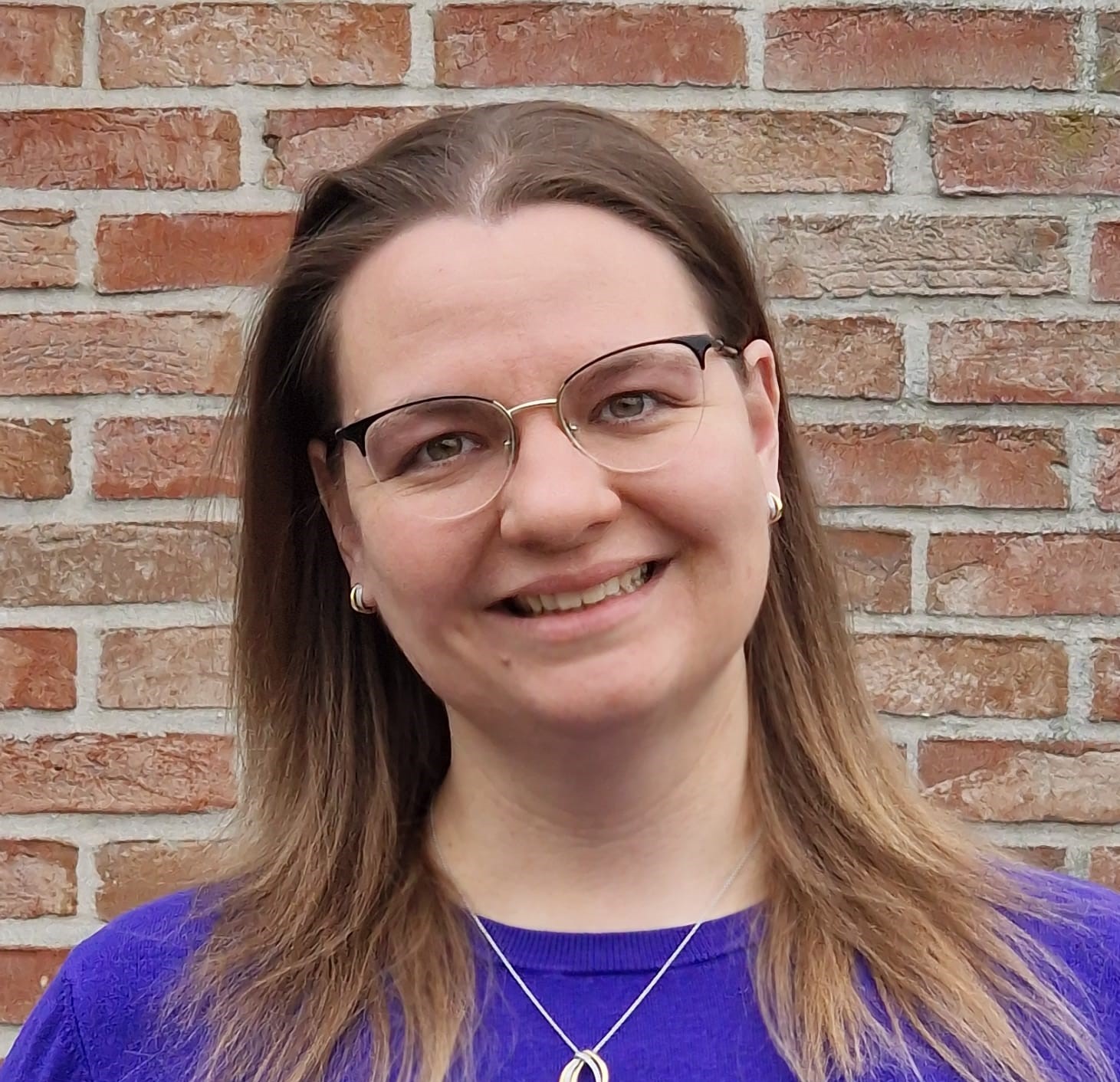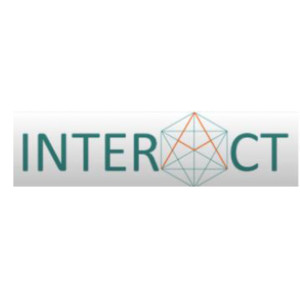 \
&
Contact us
\
&
Contact us
 \
&
Contact us
\
&
Contact us
About the programme
Special Objective 2 of Digital Europe aims to reinforce the EU’s core Artificial Intelligence (AI) capacities as a crucial driver for the digital transformation of businesses and public administrations. As data fuels the development of AI, Digital Europe also aims to set up sectoral European data spaces with the aim of achieving a European data economy in the future. Digital Europe will also facilitate safe access to and storage of large datasets and trustworthy and energy-efficient cloud infrastructure. In addition, Digital Europe will strengthen and support existing artificial intelligence testing and experimentation facilities in different sectors.
Three main interlinked work strands are foreseen in the first two years of implementation of the Digital Europe Programme:

marie.timmermann@fwo.be
+32 2 550 15 59
Digital, Industry & Space AI, data & cloud Deployment: Best use of technologies
The European Commission has published guidelines on prohibited artificial intelligence (AI) practices, as defined by the EU AI Act. The guidelines provide an overview of AI practices that are considered unacceptable due to their potential risks to European values and fundamental rights. The AI Act, which aims to promote innovation while... read more
Digital, Industry & Space AI, data & cloud Deployment: Best use of technologies
The OpenVerse project aims at integrating knowledge, experts and actors around the creation of inclusive, open and ethically responsible European Virtual Worlds. This is done in alignment with the European Commission’s strategy on Web 4.0 and Virtual Worlds. As part its work, OpenVerse is conducting a landscaping exercise of initiatives... read more
Security AI, data & cloud Cybersecurity Defence EDF
Infosheets contain edited content on aspects related to this programme. They are reviewed at least yearly.
Related links are easy pointers towards external information. We curate the list, but are not liable for the destinations.
Documents contain additional information related to this programme, and are similar to related links.

Professor Inez Germeys leads the Center for Contextual Psychiatry at KU Leuven, which is a large multi-disciplinary research group focusing on the interaction between the person and the environment in the development of psychopathology. She has received a European Research Council (ERC) Consolidator grant (INTERACT) and Proof of Concept grant (IMPACT). With these grants professor Germeys and her team researched a new mobile self-management therapy for patients with a psychotic disorder. The Acceptance and Commitment Therapy in Daily Life (ACT-DL) was further developed for the clinical environment. In line with that the Horizon 2020 IMMERSE project aims to thoroughly evaluate strategies, processes, and outcomes of implementing a digital mobile mental health solution.